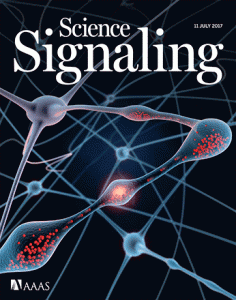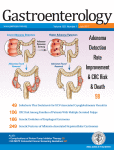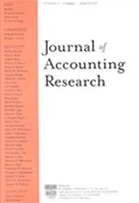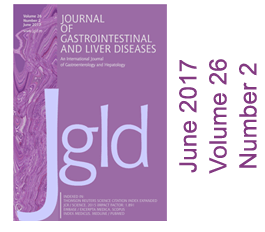 Science Signaling has issued an expression of concern for a 2016 paper, citing an institutional investigation into image manipulation.
Science Signaling has issued an expression of concern for a 2016 paper, citing an institutional investigation into image manipulation.
According to a spokesperson for the journal, the corresponding author, Tanya Kalin, became concerned that two images in the paper had been manipulated. Kalin then notified the research integrity officer at Cincinnati Children’s Hospital Medical Center, where she is based.
On May 9 2017, Kalin alerted the journal to the investigation. A week later, the hospital’s research integrity officer followed up with the journal, flagging the figures under question. The journal then prepared an expression of concern (EOC) to alert readers to the issues and the institution’s investigation.
Here’s the EOC notice for “The transcription factor FOXF1 promotes prostate cancer by stimulating the mitogen-activated protein kinase ERK5:” Continue reading Science journal flags cancer paper under investigation for image manipulation





 A volunteer researcher at Florida Atlantic University fabricated the results of mouse experiments over a 14-day period in June, 2016, according to a
A volunteer researcher at Florida Atlantic University fabricated the results of mouse experiments over a 14-day period in June, 2016, according to a  Different journals follow different editorial policies — but we’ve never seen any charge money to authors who want to appeal an editorial decision. Until now.
Different journals follow different editorial policies — but we’ve never seen any charge money to authors who want to appeal an editorial decision. Until now.